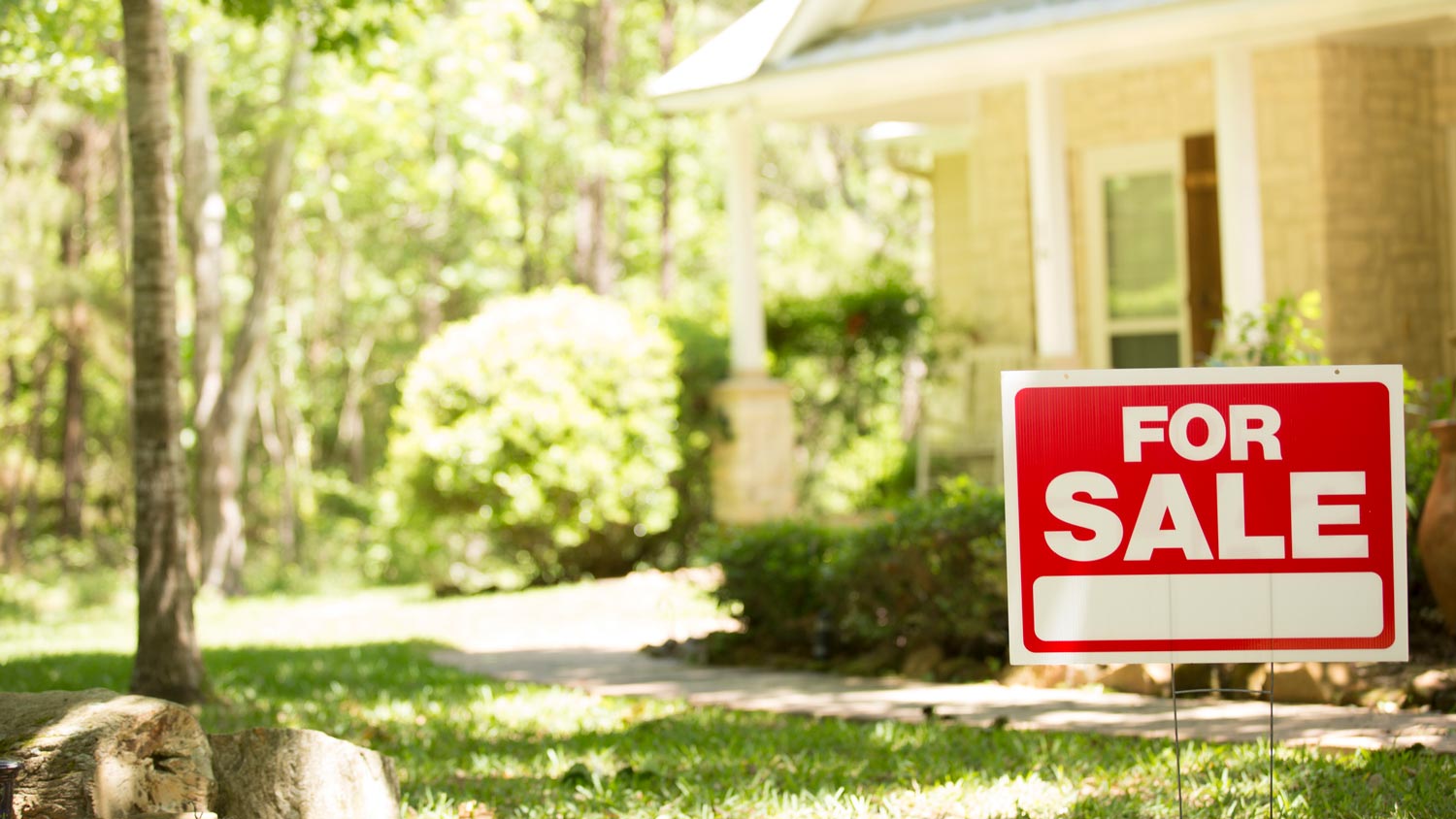7 Reasons Your House Isn’t Selling in a Timely Manner
Why does the real estate market seem hot but your house is not?


Make sure your home looks as inviting as possible.
Spice up your listing description and ensure it doesn’t sound generic.
Ask your real estate agent about ways to make your home sell faster.
By now, you’ve likely heard countless stories about how the real estate market is changing. Real estate professionals and home buyers have been sharing their successes (and horror stories) since the start of the decade.
So if your for-sale home hasn’t gotten much attention from prospective buyers, you may be wondering, “What gives?” Let’s take a look at some of the common reasons why your house isn’t selling as quickly as other homes in the area.
Your Curb Appeal Isn’t Welcoming
If the first rule of real estate is location, location, location, then the second is to never underestimate curb appeal. When people pass your house, what kind of impression does it leave? If your lawn is unkept or your front door looks worse for wear, you might be chasing buyers away without even knowing it
To boost your curb appeal in time for your next open house, ensure your front door has a fresh coat of paint. Appraise the other aspects of your home’s exterior, such as the landscaping, pavement, and front porch, and find ways to make it look as inviting as possible.
Your House Isn’t Clean
Life gets busy, and it can be easy to let basic cleaning tasks get away from you. If you’re getting potential buyers in the door but not landing any sales, your home’s cleanliness and organization could be the culprit.
Unfortunately, people may see streaks on your windows or stains on your walls and wonder what else you’ve neglected to take care of. Start by taking a hard, honest look at the interior of your home, and identify problem areas that need a deep clean. If you want your home to look spotless before your next in-home tour, hire a professional cleaning company to take the task off your hands.
Your Asking Price is Too High

Let’s face it: Prospective home buyers spend a lot of time looking at homes. All of those hours of scrolling online listings and touring potential properties lead many to develop an understanding about what properties in their price range should look like.
If your home’s listing has been live for several months and you haven’t been getting many bites, the price may be the reason. Talk to your real estate agent about reassessing your asking price to attract new rounds of potential buyers.
Your House Looks Empty
If your home is empty, people may have a hard time imagining themselves (and their furniture) moving in. That’s why many homeowners choose to use home staging services to fill their rooms with professionally designed furniture and decor to entice buyers.
Keep in mind that home staging costs between $400 and $700 per room, but staged homes sell 20% higher than unstaged houses. If your unstaged home hasn’t had much luck on the market, consider investing in professional staging to help your sale cross the closing finish line.
Your Listing Description Isn’t Enticing
If your listing has gotten clicks but you haven’t received any foot traffic from it, your description may be to blame. Dry, uninspired, or impersonal listing descriptions may be turning buyers off, as well as listings that don’t provide enough information about the home’s details or history.
Read through other listings for houses in your area and compare it to what your real estate team posted for your home. A boring listing is an easy fix—you have to add some pizzazz.
Your Listing Photos Aren’t Up to Par
In this day and age, the way your home looks in its listing photos can make or break your sale. First impressions matter, which is why high-quality real estate photos are key.
Similar to assessing your listing description, compare your home’s listing photos to other comparable listings in your neighborhood or surrounding community. Take note of the lighting, staging, and overall photo quality. If your photos seem dark or empty in comparison to other homes, it may be time to reshoot your listing photos.
Your Home Needs Improvements
If you’re having trouble finding a buyer, consider the feedback that you’ve gotten from your real estate agent and open house visitors about your home. Do people comment on the outdated appliances? Have a few visitors pointed out the lack of modern amenities? If that’s the case, you may need to make some improvements to your home to help it sell.
Start by tackling the issues noted by your real estate agent or other advisors. Then, consider other feasible projects you could complete to boost your home’s resale value.
- 9 Tips for Selling a Home by Owner
- All the Things to Do Before Selling Your House
- When Is the Best Time to Sell Your House?
- 10 Tips For Selling Your Home During the Winter
- What Is a Listing Agent and What Do They Do?
- 12 Tips to Sell a Home Quickly and for the Right Price
- Can Your Real Estate Agent Buy Your House?
- 8 Useful Tips for DIY Home Staging
- 5 Tips to Sell Your House This Fall
- Sell Your House Quickly by Making These 6 Home Improvements and Repairs















